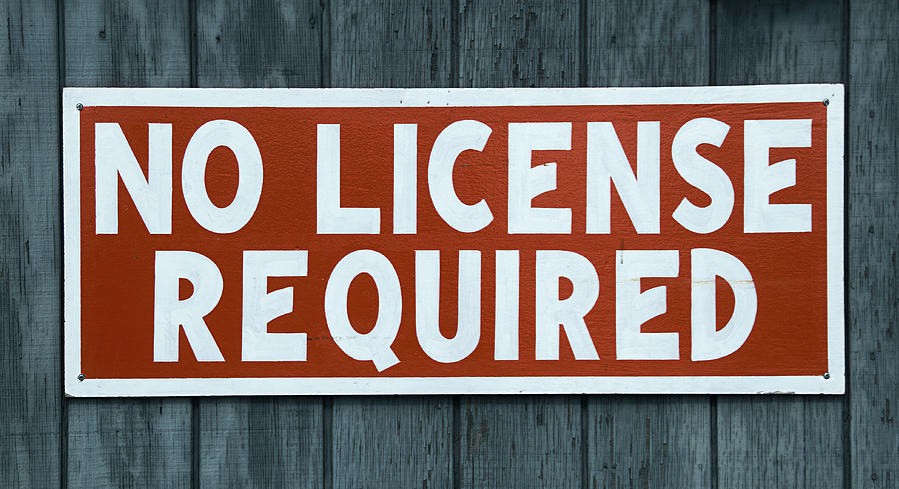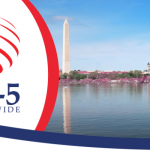How to invest your IRA into offshore hedge funds and active businesses
You can invest your self directed IRA in mutual funds, hedge funds, and any active business. There are very few limitations on how you invest your retirement account. But that’s only half the issue. While you can invest in whatever you like, there all kinds of tax costs associated with investing your IRA into a fund or an active business.
Here’s how to avoid the tax penalties associated with investing your IRA into offshore hedge funds and active businesses.
Let me first frame the issue. When you invest your IRA in an active business taxed as a partnership or flow-through entity, or a hedge fund that pays out untaxed ordinary income, you have what’s called Unrelated Business Income (UBI). The IRS wants you to pay tax on these profits before they go into your IRA tax free or tax deferred.
- There are two types of UBI that will trigger unrelated business income tax for retirement accounts:
Profits generated from a business/trade: When an IRA or 401k earns profit from an operating business that has not paid business tax on those profits before distributing them to the retirement account, those profits are taxed in the IRA. - Leveraged Real Estate Investments: When an IRA purchases real estate using a non-recourse mortgage loan, the debt financed portion of the property’s profits is subject to unrelated business income tax. Remember that all IRA loans must be non-recourse and that the owner of the account and the account itself may not guarantee the loan.
Unrelated Business Income is income that goes into your IRA from an active business or a leveraged real estate investment. It’s “unrelated” because it’s not the usual type of income an IRA will receive – passive and investment income.
Most UBI is untaxed profits from an active business. UBI is profits on which the business has not paid tax… such as a business operating as a partnership or within an LLC. If it were taxed as a corporation, the business would pay corporate tax on the profits and pass a dividend on to you. Because it’s a partnership or LLC, the net profits are not taxed before arriving in your IRA.
Unrelated business income is taxed in your IRA at Estate and Trust rates. UBIT doesn’t even get its own tables in the US tax code. You need to refer to the Estate and Trust rates
2016 – UBIT Rates |
|
| If taxable income is: | The tax is: |
| Not over $2550 | 15% of the taxable income |
| Over $2550 but not over $5950 | $382.50 plus 25% of the excess over $2551 |
| Over $5950 but not over $9050 | $1232.50 plus 28% of the excess over $5951 |
| Over $9050 but not over $12300 | $2100.50 plus 33% of the excess over $9051 |
| Over $12400 | $3206 plus 39.6% of the excess over $12400 |
Basically, this means UBI is taxed at ordinary income rates.
Important tip: UBIT is reported on IRS Form 990-T. You only pay UBIT on profits from qualifying investments. If you lose money in an active business, you will owe no tax. However, you should file Form 990-T every year. UBI losses can be used to offset UBI profits in future years.
Here’s how to eliminate Unrelated Business Income Tax
Unrelated business income tax only applies to investments and transactions in the United States. If you structure your IRA offshore, setup a UBIT blocker corporation, and invest into foreign businesses and hedge funds, you will eliminate UBIT.
You can still access US investments, but you need to structure your investments offshore. If your hedge fund has an offshore feeder fund, you can setup an offshore IRA LLC and an offshore UBIT blocker, to enter the fund through the offshore feeder.
If you invest in a US fund through their US structure, you’ll pay UBIT on distributions. If you invest in a US fund through an offshore feeder, you will pay no UBIT.
The above is focused on hedge funds and leveraged real estate investments. UBIT also applies when an IRA owns an ongoing active business. Other rules apply to active businesses. For example, you can’t invest IRA money into a business or company you own more than 50% of nor can you invest in a business that pays you a “significant” salary.
The same goes for foreign real estate. If you buy US real estate with a non-recourse mortgage, you will pay UBIT on the gain. UBIT will apply to the portion of the property that was financed. So, if 50% of the cash came from your IRA and 50% from a non-recourse mortgage, you’ll pay ordinary income tax (not capital gains rates) on 50% of the profit when you sell the property.
If you invest in real estate outside of the United States, set up a UBIT blocker corporation, and use a non-recourse mortgage, you’ll eliminate this UBIT tax.
To maximize the benefit of foreign real estate investments with your IRA, you need to plan for both UBIT and local capital gains tax. You want to balance your expected returns against the capital gains tax rate you pay in the country where the property is located.
One of the best return on investment vs capital gains tax is Belize. Returns in Belize have been solid for the last 10 years and Belize has no capital gains tax. Yes, their capital gains rate on real estate is zero.
Some of the highest returns in foreign real estate can be found in Nicaragua. This market is growing quickly and attracting a lot of expats and investors. Their tax on rental profits, and their capital gains rate, are both 10%.
So, someone who buys real estate in Nicaragua with their IRA will pay total taxes of 10%. Had you done this in the United States, your total tax bill would have been 33% to 39% (per the chart above).
Investing with your IRA and a non-recourse loan in a tax free country like Belize will save you 20% on ordinary capital gains and 33% to 39% on the gain from your mortgage (UBI gain). Investing in a higher returning and higher tax rate country like Nicaragua will save 23% to 29% in taxes.
UBIT will also apply to an active real estate business. If you buy a hotel, acquire land that you divide up and build homes on, or buy a multi-unit apartment building, you’re probably a dealer in real estate or a real estate professional. Unrelated Business Income Tax will apply to all income earned in your active real estate business.
That is to say, if your IRA operates as a dealer in real estate, you must pay UBIT tax on your profits.
Note that UBIT does NOT apply to passive real estate investments if you don’t use leverage or a non-recourse mortgage. If you buy a couple of rental properties, you’re probably a passive investor. If you buy a hotel or otherwise operate a real estate business, you have UBIT issues.
I hope this article on how to invest your IRA into offshore hedge funds and active businesses has been helpful. To setup an offshore IRA LLC or a UBIT blocker corporation, please contact me at info@premieroffshore.com or call us at (619) 483-1708.












Leave a Reply
Want to join the discussion?Feel free to contribute!